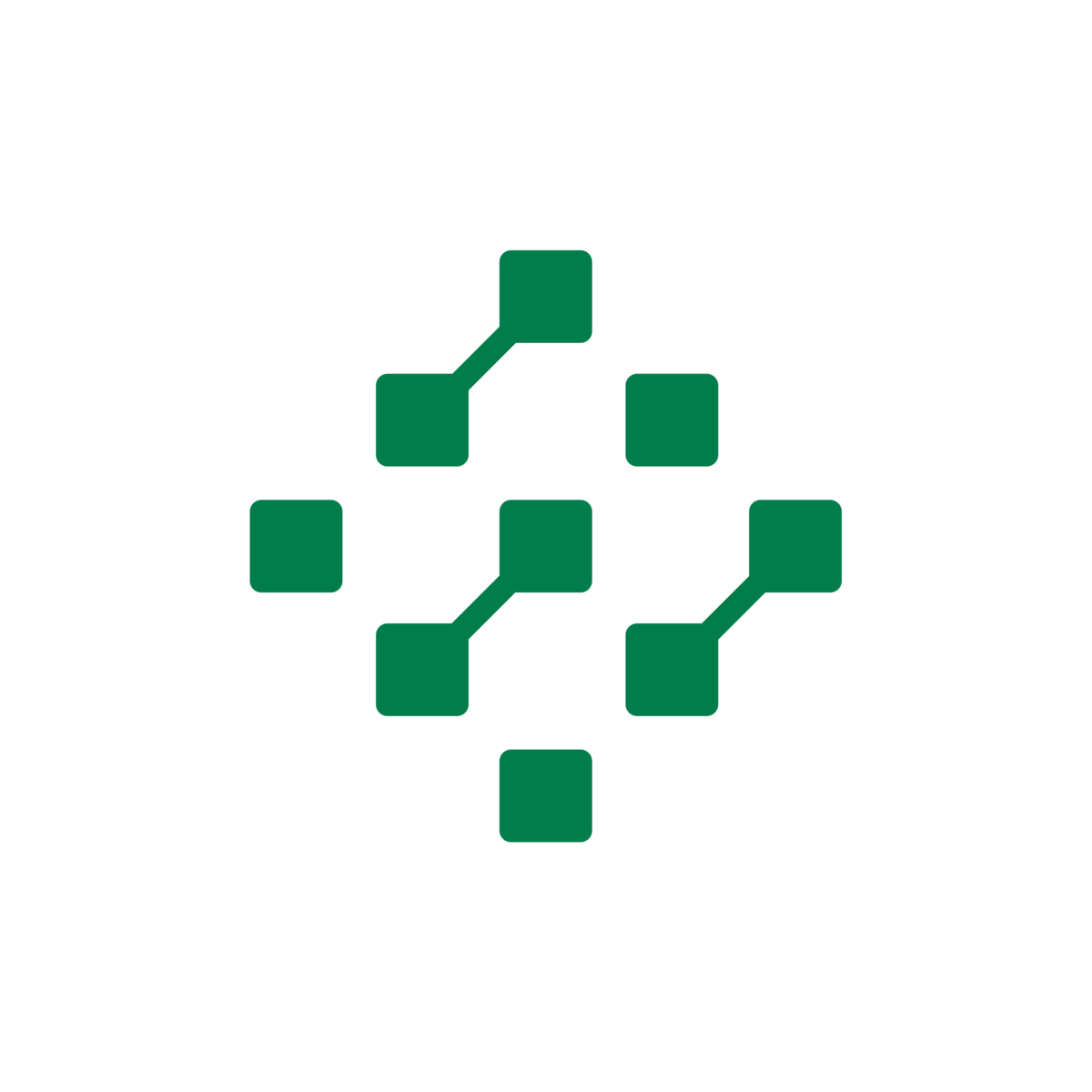Friends,
I have written extensively about the impending arrival of Gemini 3, and it has finally happened.
It is a massive leap forward. Yet, it is not the only game-changer this week. The release of Kosmos marks the start of a new era where deep scientific research is democratized for anyone with $200.
Speaking of high-impact tools for growing companies, startups who switch to Intercom can save up to $12,000/year.
Startups who switch to Intercom can save up to $12,000/year
Startups who read beehiiv can receive a 90% discount on Intercom's AI-first customer service platform, plus Fin—the #1 AI agent for customer service—free for a full year.
That's like having a full-time human support agent at no cost.
What’s included?
6 Advanced Seats
Fin Copilot for free
300 Fin Resolutions per month
Who’s eligible?
Intercom’s program is for high-growth, high-potential companies that are:
Up to series A (including A)
Currently not an Intercom customer
Up to 15 employees
(✨ If you don’t want ads like these, Premium is the solution. )
Google Drops Gemini 3 & The Antigravity IDE
Google officially launched the Gemini 3 family on November 18, 2025, a step fuction in autonomous agents and deep reasoning. The release features two primary models available immediately via Google AI Studio, Vertex AI, and Search, but also via API for Cursor et al. to use:
Gemini 3 Pro: The new state-of-the-art for multimodal tasks and complex instruction following.
Gemini 3 Deep Think: A heavy-duty variant utilizing enhanced chain-of-thought processing, specifically engineered for extended reasoning tasks where previous models stalled.
The "Killer App" for Developers: Antigravity
Perhaps more significant than the model weights is the launch of Antigravity, a new agent-first developer platform. Built as a polished, free-to-use VS Code fork, it integrates Gemini 3 Pro natively to offer:
Persistent Learning: Unlike current coding assistants, it extracts patterns from your solved tasks, writes them to a local vector store, and autonomously applies that knowledge to future problems.
Agentic Workflows: Capable of multi-file refactoring and autonomous debugging without constant hand-holding.
Performance Snapshot
Gemini 3 is posting record-breaking numbers on benchmarks designed to be "impossible" for AI, specifically in abstract reasoning and novel problem solving.

See It In Action
The model's ability to generate functional, complex UIs in a single shot is best understood visually.
Gemini 3 is going to show up everywhere—and I plan to build with it deeply myself. I’ll share the journey. If you want practical insights on developing with Cursor and Gemini 3, consider upgrading to Premium.
Edison Scientific Launches Kosmos: The $200 "AI Researcher"
While Gemini 3 targets general reasoning, Kosmos has emerged as a specialized agent for autonomous scientific discovery. Launched by Edison Scientific (a spinout of the non-profit FutureHouse), Kosmos is designed to compress approximately six months of PhD-level research into a single 12-hour run.

Subscribe to Premium to See the Rest
Upgrade to Premium for exclusive demos, valuable insights, and an ad-free experience!
Get Exclusive InsightsA subscription gets you:
- ✅ Full access to 100% of all content.
- ✅ Exclusive DEMOs, reports, and other premium content.
- ✅ Ad-free experience.




